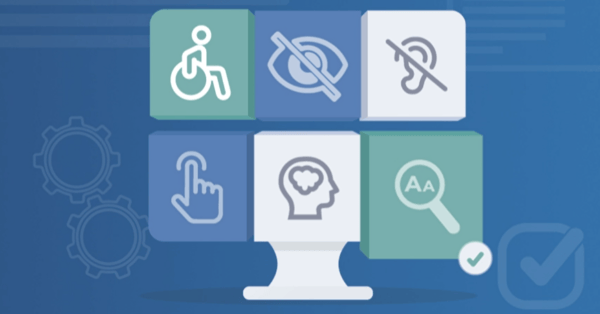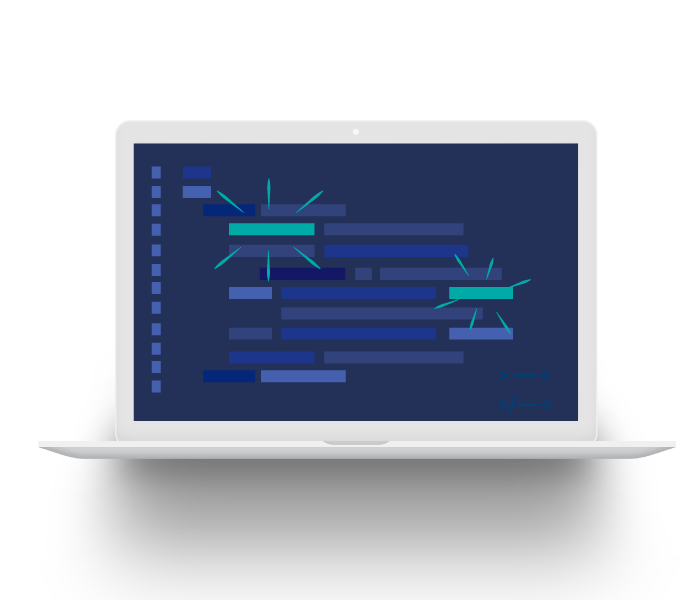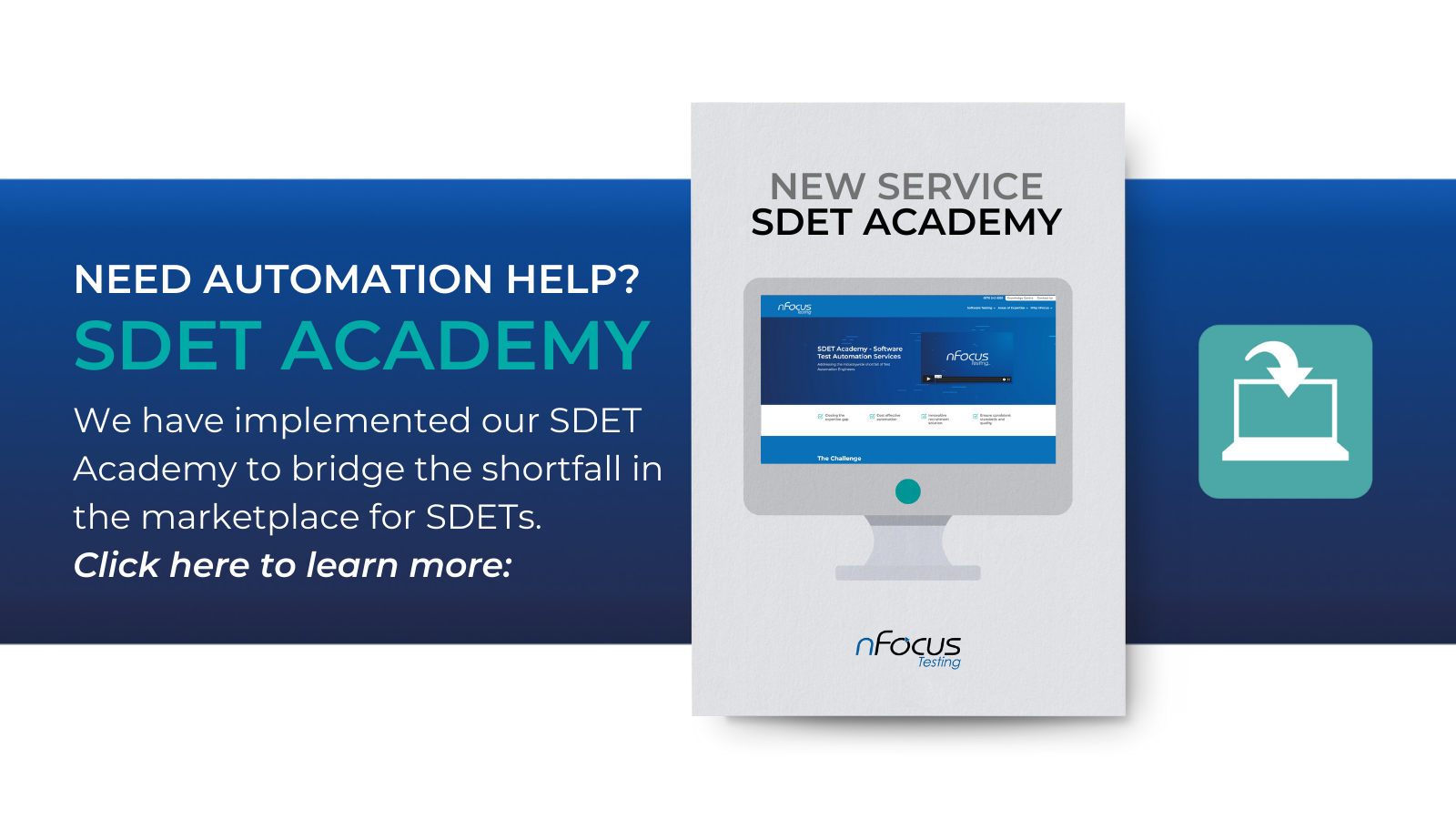Introduction: Understanding the Significance of Web Accessibility
The internet is a vast, overwhelming universe of competing information in which your website must stand out among a trillion other websites all trying to stand out. That’s why it is essential to gain any advantage you can. You spend your hard-earned money on web design, on marketing, on ads and on improving your SEO but how much attention are you paying to simply making sure that everyone who wants to do business with you is able to do business with you?

The good news is that it’s very easy to do, so, here are 4 compelling reasons to make your website accessible to all:
Reason No. 1: Web Accessibility Increases Your Customer Base
This sounds like plain old common sense, if there is a group of people you are not currently serving and then you do, you are going to expand your customer base by default. Of course, you are.
At the last count, in 2017, there were 13.3 million disabled people living in the UK, including nearly 1 in 5 working adults and that number is rising all the time. Do you mean to potentially exclude them from doing business with you or is it that you just don’t have any disabled customers?
That’s a reasonable objection, isn’t it? Well, we could ask how do you know? It may be that you would have disabled customers if they could access your website. What is disabled anyway? What if we told you that by making your website accessible you could also be opening up for the 6.3 million dyslexic people in the UK or 3 million colour blind people?
What about all those people who are temporarily disabled with arm, wrist or finger injuries? Then there are the situationally disabled. You’ve got an urgent message about that part you’re waiting on but you’re right in the middle of something and can’t take off your protective gloves and safety goggles just to read it, so, at that precise moment voice activation makes your life much easier.
On top of all that, if you’re still not convinced, try this – accessible design is just good design. Because your accessible website is easy to use and full of descriptive plain English text, it is going to be better optimised for search engines, which means that you’ll rank higher than your competitors.
Reason No. 2: Web Accessibility Can Improve Your PR
According to the Purple Pound review of the spending power of disabled households in the UK, 75 percent of disabled people and their families have walked away from a UK business because of poor accessibility or customer service.
Let’s put that another way, 75 percent of 13.3 million disabled people equals 9.975 million people turning their backs on a business. But wait, the average British household is 2.4 people and 2.4 x 9.975 million is 23,940,000 people, all of whom are not only prepared to but have walked away because a business was not accessible. Can you afford to lose that?
Now let’s consider the power of word of mouth referrals. Nielsen, the global data and marketing measurement firm, surveyed more than 28,000 Internet respondents in 56 countries and a whopping 92 percent of consumers said that they trust recommendations from friends and family ahead of any other form of advertising. In a world heaving with forums and online communities, it has never been easier for good or bad news to travel. When you become web accessible, people will hear and that is far better than watching them turn away and telling everyone about their experiences.
Reason No. 3: Web Accessibility May Provide Significant Financial Benefits
Okay, you’re thinking that disabled people are not the biggest spenders and if I make my site accessible, I won’t see a return on my investment. Well, remember the Purple Pound? They report that the spending power of disabled people and their households in the UK is worth £249 billion per year – per year - to businesses. What’s more, their research has revealed that our businesses lose approximately £24 billion a year for no other reason than they ignore the needs of disabled people. Then you can add in the dyslexic people, the colour blind, temporarily and situationally disabled we spoke about earlier and suddenly that return on investment doesn’t seem anything like the risk you thought it was.
Furthermore, there can be cost savings to be had too. Accessibility does not have to compromise your creativity but it can help identify unnecessary links and components within your web pages and even present better, more efficient methods and logical layouts, all of which can pay back in the form of lower maintenance costs, a reduced requirement to provide web alternatives, such as printed materials, and of course, in avoiding costly legal fees and fines. Which leads us on nicely…
Reason No. 4: Web Accessibility is the Right Thing to Do
In the UK, the Equality Act of 2010 states that all service providers must consider "reasonable adjustments’ for disabled people, and it is law that public sector websites and apps must be accessible".
Sir Tim Berners-Lee, the inventor of the World Wide Web, said that, “the power of the web is in its universality. Access by everyone regardless of disability is an essential aspect.” Who are we to argue? The moral and legal case for web accessibility shouldn’t need to be made – it is, simply the right thing to do.








.png)
